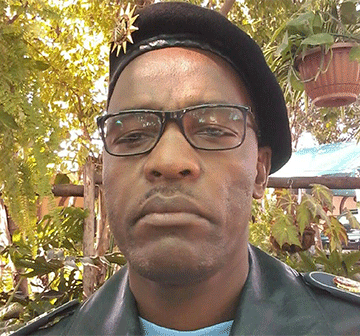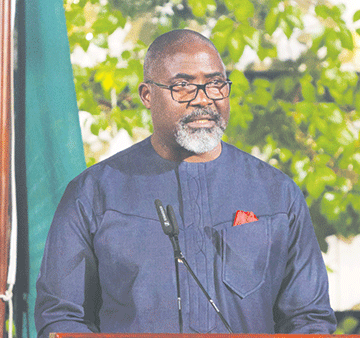NULL
Author: Staff Reporter (Staff Reporter )
Know your civil servant – Watering young minds at grassroot level
Asmara Kaffer, also known as Ann Kaffer, is a skilled individual with vast expertise in youth matters who has been working for the Ministry of Sport, Youth and National Service since 2011.
Editorial – An ode to a confident ECN
The decision by the Electoral Commission of Namibia (ECN) to finally use its powers to hold political parties entrusted with public resources accountable for failing in their duty, should be welcomed by all and sundry.
Letter – Unmindful small talk can cost you big time
You are in the boardroom having fruitful deliberations, and you are well on your way to sealing the deal.
Opinion – Three TVET scenarios to drive development
Promoting technical and vocational education and training is increasingly seen as a means of driving socio-economic development worldwide. However, dominating the discourse on the topic have been the mainstream and generic TVET scenarios.
Opinion – The illusion of excellence …unmasking Unam law students’ plight
The University of Namibia proudly announce its ranking as the 16th best university in Africa, a commendable achievement that ostensibly signals academic excellence and institutional prowess.
Opinion – Cut red tape for start-ups
Allow me to commend government in promoting technical vocational education and training in Namibia.
Opinion – Who is the ideal candidate in 2024?
The beauty of a democratic system of governance is that at predictable intervals in the country, citizens have the opportunity to make the shortest but most powerful statement (X on the ballot paper).
Opinion – Intra-African tourism map essential for sustainable development
Perceived as Africa’s gateway to the world and vice versa, the African tourism market remains at the epicentre of global attention, offering unique travel opportunities to many global travellers.
Opinion – Authorised Ministry
Following the readings, the Council of Churches in Namibia is advocating the regulation of churches by limiting the establishment of churches to those who meet basic criteria, including basic theological training of the religious leaders.









